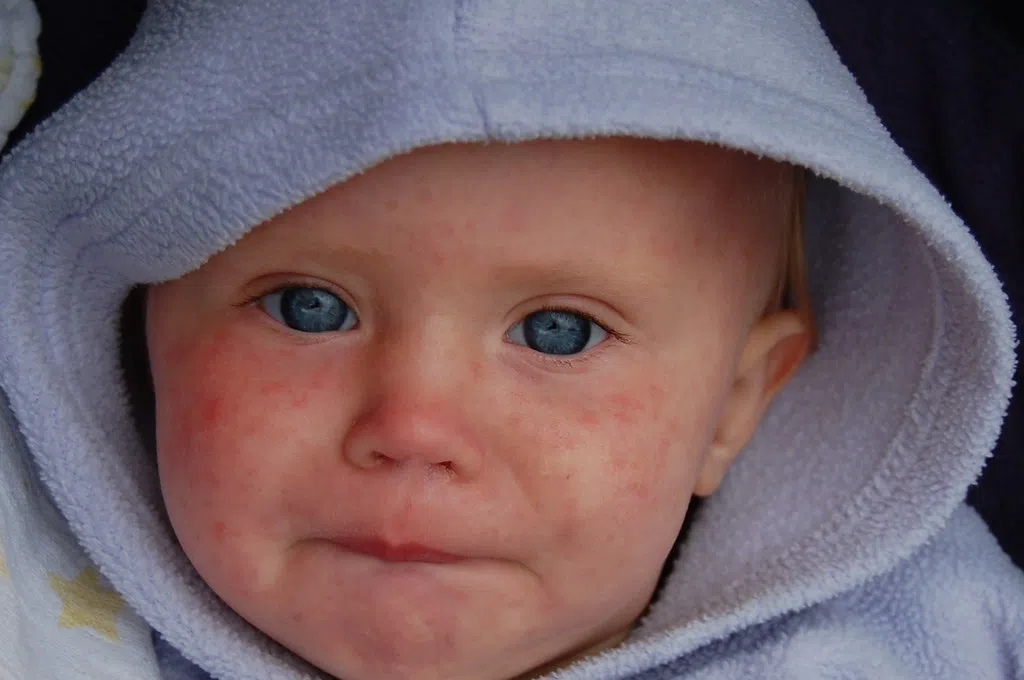Health officials in Nova Scotia say the province’s measles outbreak has grown to 30 cases, nearly all of them in the Northern Zone. Eight of the cases have been confirmed through lab testing, while the others are considered confirmed based on household exposure and symptoms.
Dr. Ryan Sommers, Senior Regional Medical Officer of Health, says the spike in cases is not unexpected. He explained the rise is occurring during the typical 7-to-21-day window when secondary cases appear after initial exposure. Most of the current cases are confined to large households and small communities where close contact is common.
“Many of these cases have already recovered or are no longer contagious,” he said. “There have been no hospitalizations to date, and the vast majority of individuals are isolating and recovering at home.”
Although health officials aren’t naming the communities affected, they’ve confirmed most people infected have not been vaccinated. This reflects national trends, where unvaccinated individuals have been disproportionately affected by outbreaks.
Sommers said Public Health has been able to respond quickly. In some cases, individuals exposed to measles were offered the MMR vaccine within 72 hours of contact—a standard practice to limit further spread. Most accepted the vaccine. Immunoglobulin was also offered to those at higher risk, including infants and pregnant individuals, but hasn’t been widely needed so far.
Sommers was also asked if he could provide more details on the community experiencing the outbreak, like if they were a sports team or religious group; however, he said he could not provide more details due to confidentiality.
The outbreak has not led to any new public exposure alerts. Officials credit affected communities for staying home when sick and following guidance to prevent the virus from spreading beyond household settings.
Health Minister Michelle Thompson echoed that sentiment in a separate interview, calling the outbreak concerning but not surprising.
“We know that when measles enters a community with lower immunization rates, we can expect more cases,” she said. “There are a range of reasons for underimmunization—from missed appointments and timing gaps between doses to outright vaccine hesitancy.”
She said the province is seeing strong uptake for the measles-mumps-rubella (MMR) vaccine, with local Public Health teams working through mobile clinics, care providers, and pharmacies. So far this year, five to six times more measles vaccines have been administered compared to last year.
Thompson also pointed to improved early detection as a sign the surveillance system is working. She said efforts are focused on increasing vaccination access and awareness, especially in areas with lower coverage.
“We have a two-pronged approach—supporting those clusters that are underimmunized, while also continuing to raise protection levels across the province,” she said.
Health officials expect the number of measles cases may continue to rise in the coming weeks. However, they say the risk to the general public remains low, as most Nova Scotians are protected through past vaccinations or previous infection.
More information, including how to book a vaccine, is available at nshealth.ca/measles.










